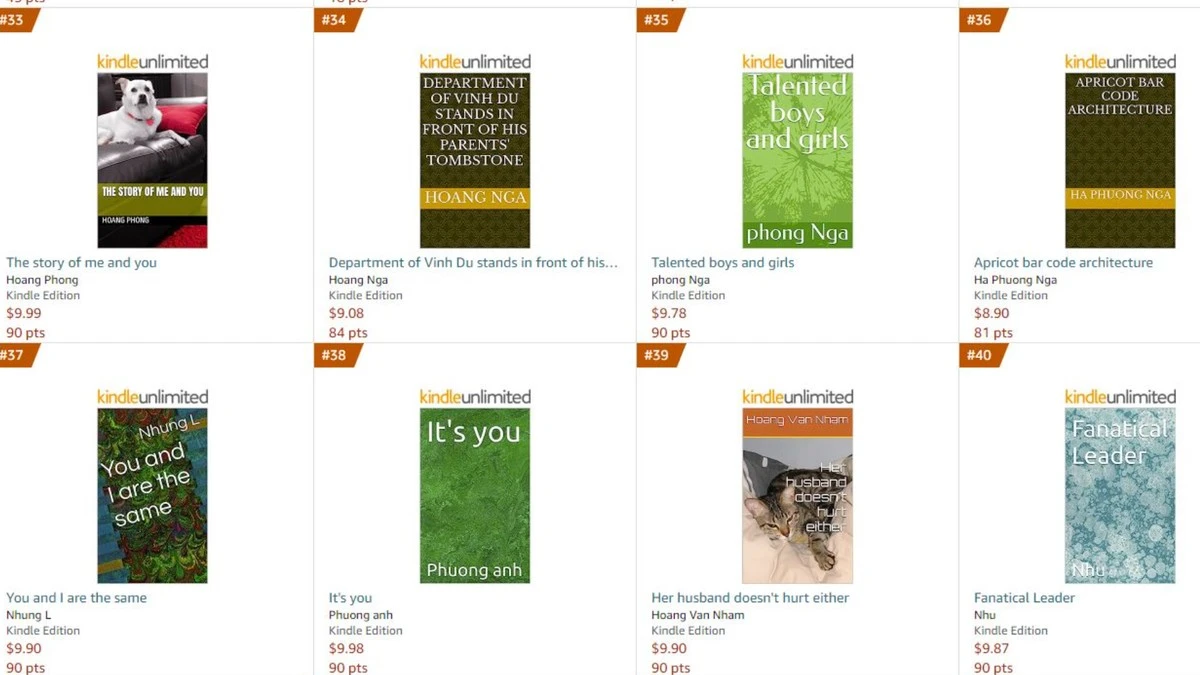- cross-posted to:
- books@lemmy.ml
- nev@lemmy.intai.tech
- cross-posted to:
- books@lemmy.ml
- nev@lemmy.intai.tech
My title might be a bit hyperbolic, but stuff like this worries me. I love to read and I love reading on a kindle. This has been going on for a while, but it has now reached absurd levels.



I wouldn’t classify these books as real competition. Nobody was really prepared for this, but it’s a very solvable problem and there’s no market for books full of word salad. I can’t see Amazon or any store tolerating the existence of a product that doesn’t sell.
I think you’ve misunderstood this. Listen to the two recent episodes of behind the bastards on this topic if you want to get a good handle on it.
This is half the problem: these books ARE selling. I do try to be kind, but I can’t deny that there are a lot of idiots in the world who seem to have a fair amount of disposable income.
They are buying these books for their children, or being duped by a pretty front cover, or a synopsis that sounds up their alley.
The books aren’t ‘word salad’ so much as they are simply a cheap facsimile of actual stories. They have the elements of storytelling, munged together into a brain-breaking stew - but they aren’t word salad, they just aren’t human.
This whole situation is making me fairly uncomfortable, but also making me laugh. I love books. I love literature. The idea that one of the largest retailers in the world: an almost tech-giant that made all of their money flogging books to the masses cannot seem to clear its platform of fake books ghost written by computers with a little unscrupulous human help is simultaneously delicious and disturbing as hell.
I hate amazon with every fiber of my being, but this doesn’t feel like a good omen for my children.
What’s odd is that this isn’t an especially new thing in terms of possibly. Maybe if they wanted some veneer of viability for like, a paragraph or two, but any reader is going to catch on to what’s happening pretty fast.
The titles are still nonsense enough that even a simple Markov chain could have made them. So I think the main issue at play is whatever they’re doing to exploit themselves to the top of the list.
This is what I’m having trouble with: how are word salad books at the top of their “bestsellers” list - is anyone buying them? If someone is buying them, then are others buying them just because they appear on the bestseller list?
It doesn’t pass the sniff test.
My guess is that Amazon gives new books some visibility if they manage to score a dozen sales within a few days of release. So the author probably bought a few copies as soon as his listing appeared on the store. It’s a very old tactic that plagues the best seller’s list and Amazon is plagued by the same issue.